Life
Sign up for our newsletter
We summarize the week's scientific breakthroughs every Thursday.
-
 Life
LifeChili peppers’ pain-relieving secrets uncovered
Scientists discover how stuff that makes chili peppers hot relieves pain.
-
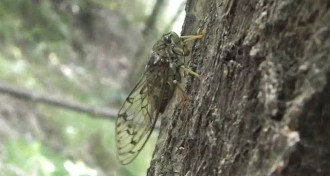 Animals
AnimalsSome cicadas drum up a beat with the help of their wings
By using their wings as drumsticks, so-called “mute” cicadas can make themselves heard.
-
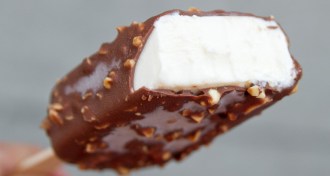 Health & Medicine
Health & MedicineAdditives that keep foods fresh may sour in the gut
Additives called emulsifiers that are used in ice cream and other foods weaken the intestines’ defenses against bacteria, causing inflammation in mice.
-
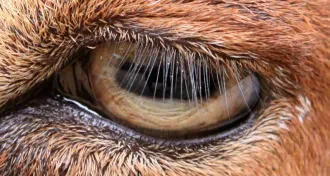 Life
LifeThe eyes have it: Long lashes not so lovely
Eyelashes can’t be too short or too long without ruining their aerodynamic protection.
By Susan Milius -
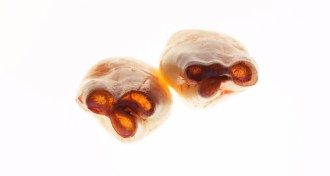 Health & Medicine
Health & MedicineStem cells from wisdom teeth could help repair corneas
A study points to a potential new treatment for corneal blindness: Stem cells extracted from pulp from pulled wisdom teeth.
-
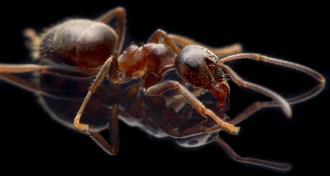 Animals
AnimalsWhere an ant goes when it’s gotta go
Scientists found black garden ants defecating in certain spots inside their nests. The researchers say these spots serve as ant toilets.
-
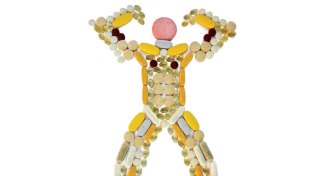 Health & Medicine
Health & MedicineFor athletes, antioxidant pills may not help performance
Supplements of vitamins C, E and other antioxidants may blunt the positive effects of exercise training.
By Laura Beil -
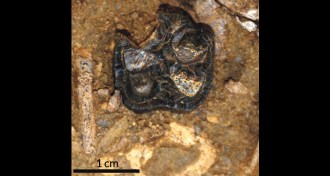 Paleontology
PaleontologyHippo history extracted from fossil teeth found in Kenya
Fossilized teeth from the newly identified Epirigenys lokonensis, an ancestor of the hippopotamus, are filling in some of the mammoth mammal’s history.
-
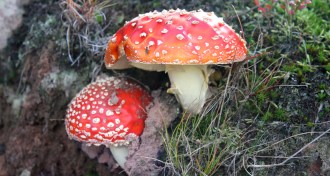 Life
LifeGene study digs into partnership between fungi and plants
Fungal genes for symbiotic relationship with plants evolved a few times, and relatively recently, a study suggests.
-
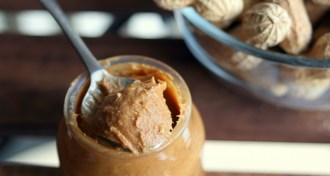 Health & Medicine
Health & MedicineEarly peanut exposure can reduce likelihood of allergy
In many infants at risk of developing a peanut allergy, early and steady exposure to peanut butter prevents it, a new study finds.
By Nathan Seppa -
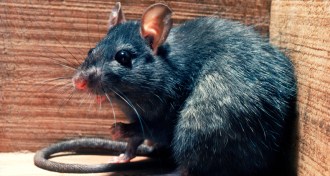 Ecosystems
EcosystemsBubonic plague was a serial visitor in European Middle Ages
Outbreaks of Black Death in medieval Europe may have been triggered by faraway weather patterns and hungry gerbils.
-
 Health & Medicine
Health & MedicineSix ways to beat chronic stress
Counseling, mindfulness training and purposeful social contact may counteract the effects of chronic stress.
By Nathan Seppa